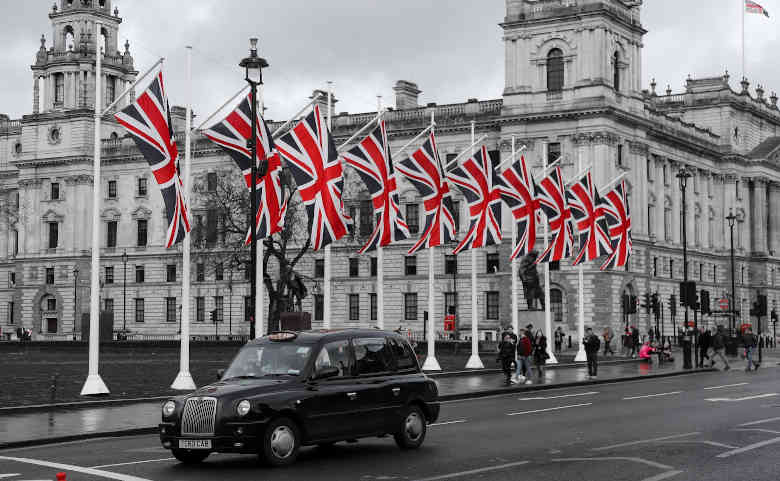The Daily Telegraph, 20 December, Robert Tombs
William Faulkner’s dictum that “the past is never dead – it’s not even past” has rarely been more troubling. The conflicts in Ukraine, Gaza and Taiwan, and many smaller disputes, are based on contested history. So are the West’s culture wars, obsessed with 17th and 18th-century misdeeds and their supposed present-day consequences.
I cannot think of a time when the past (in Marx’s phrase) has more weighed like a nightmare on the brains of the living. History is filling a contemporary intellectual void, as once dominant ideologies have faded. Even when ancient beliefs are still potent, they conceal themselves behind a veil of secular history. Today’s “social justice” activism draws not on present-day inequalities, but on the perpetuation (as Lord Sumption has put it) of “grievances on account of past events that have no practical relevance to modern lives”.
The truth of quasi-historical claims may not be believed by those making them, but they calculate that plenty of others will be convinced. Weaponising history is made easier by the common “postmodern” view that there are no objective historical truths, only a cacophony of “narratives”, with those of the “oppressed” having moral authority as “my truth”. Such imposition of new orthodoxy was grimly satirised in 1984 by George Orwell, whose anti-hero Winston Smith’s job is “rectifying” the past to serve the ever-changing present. “But you could prove nothing,” muses Winston. “There was never any evidence.” Scholars today are praised for making evidence “tell a different story” to fit a contemporary agenda.
Click here to read the piece in full.

